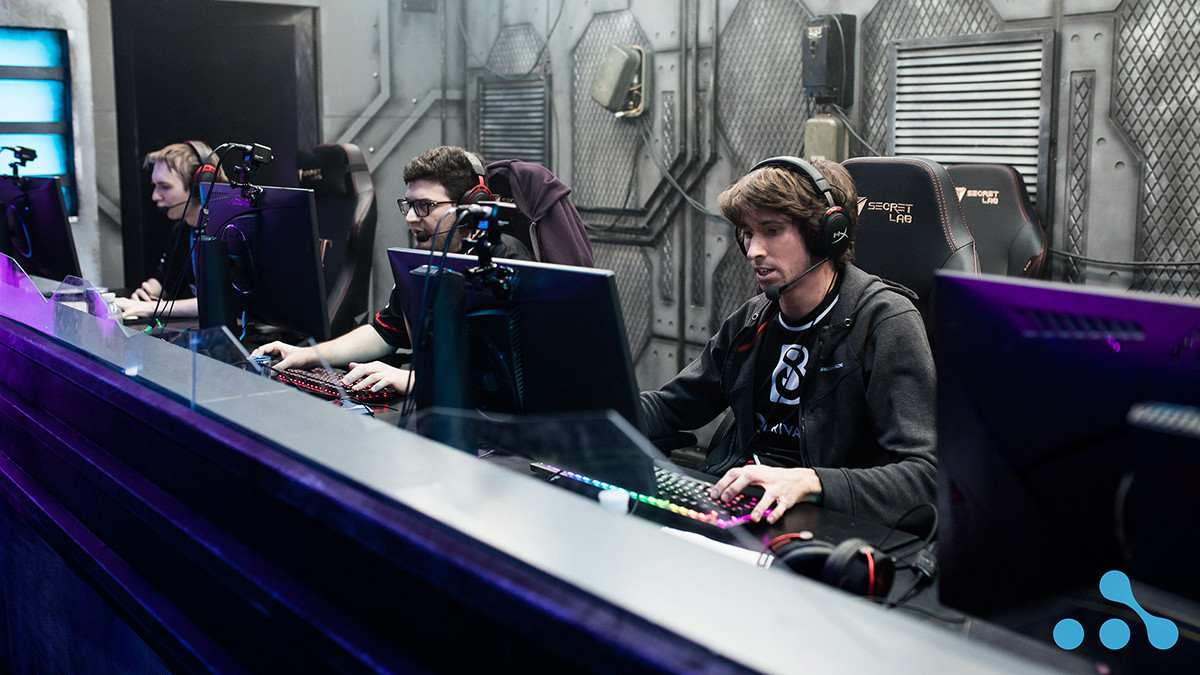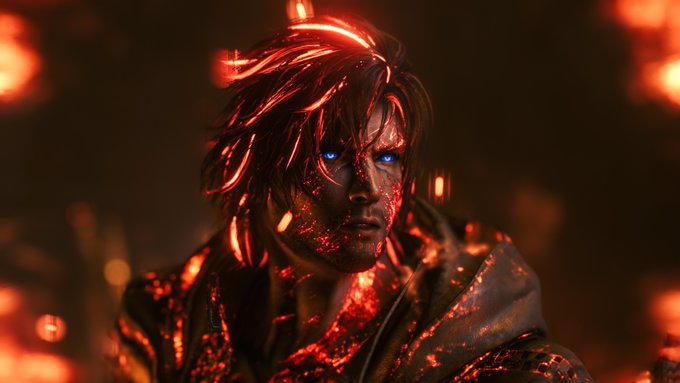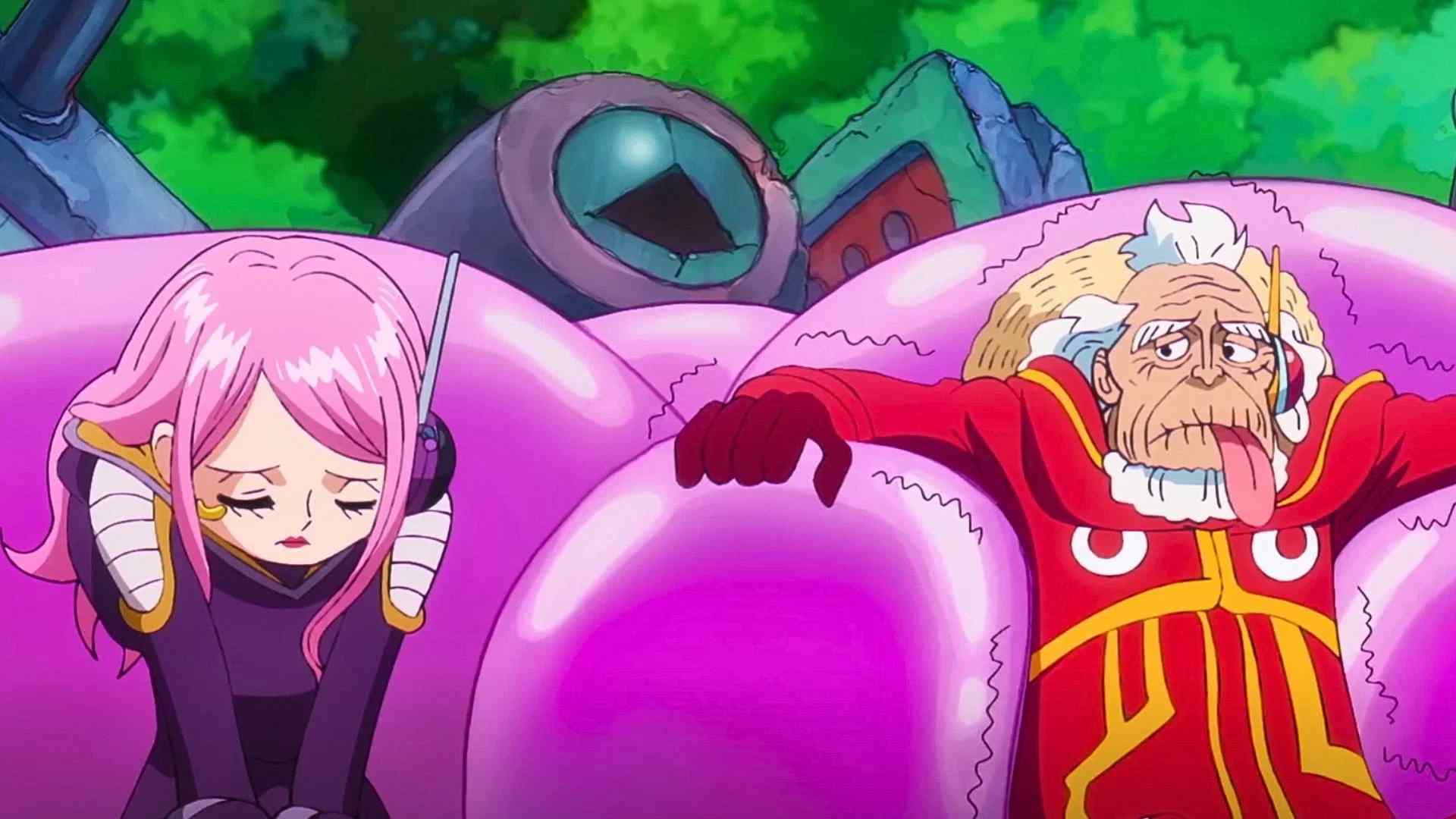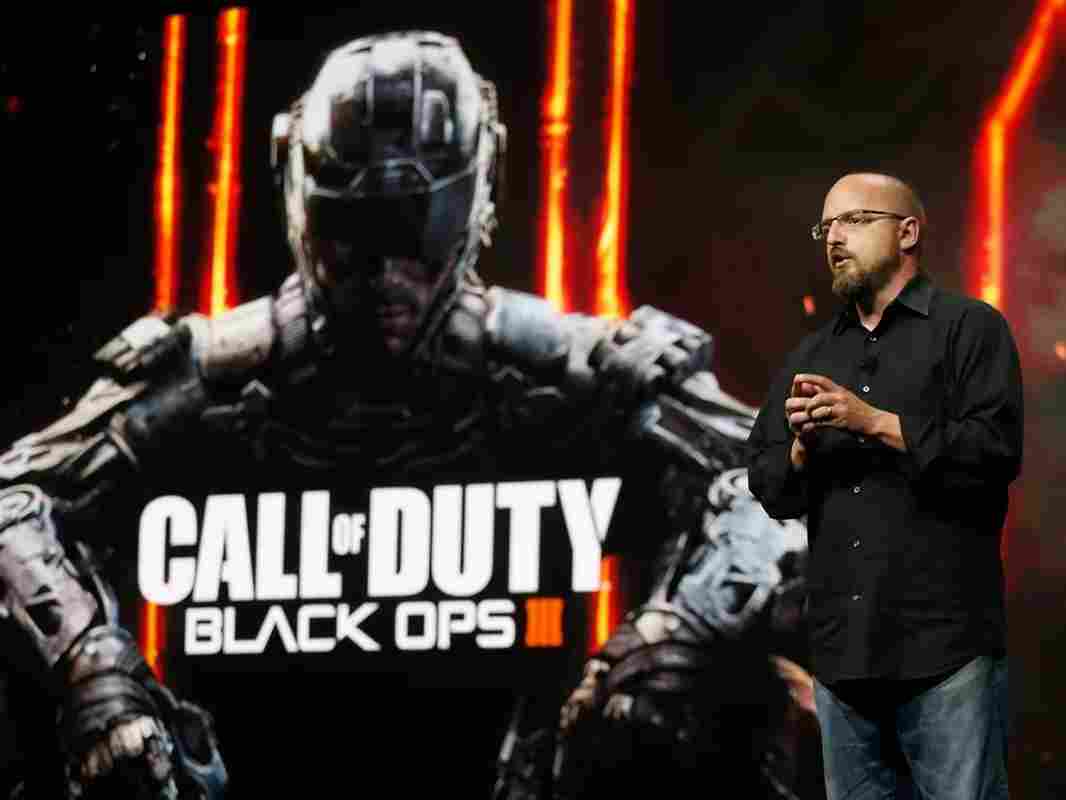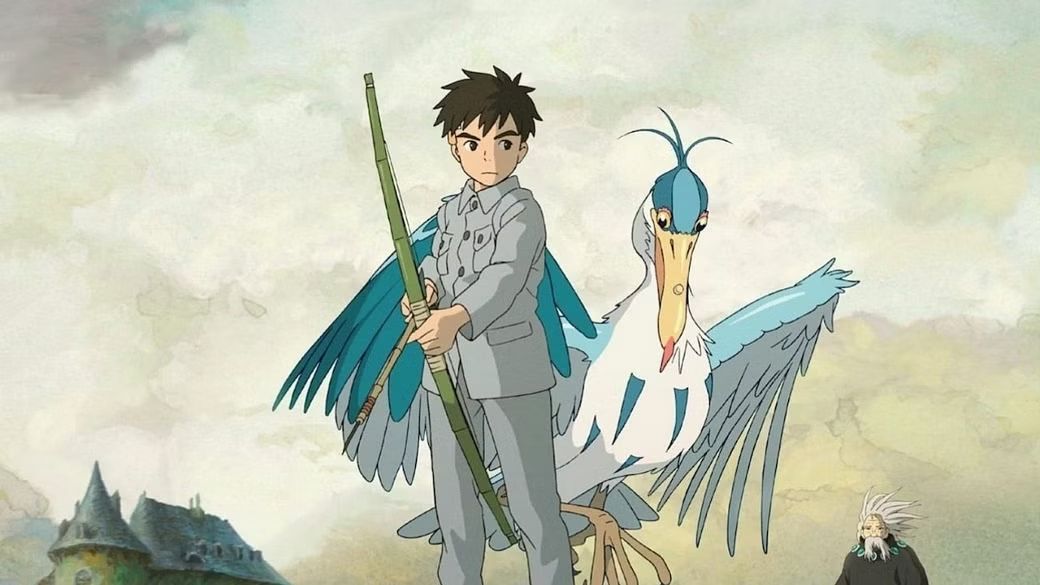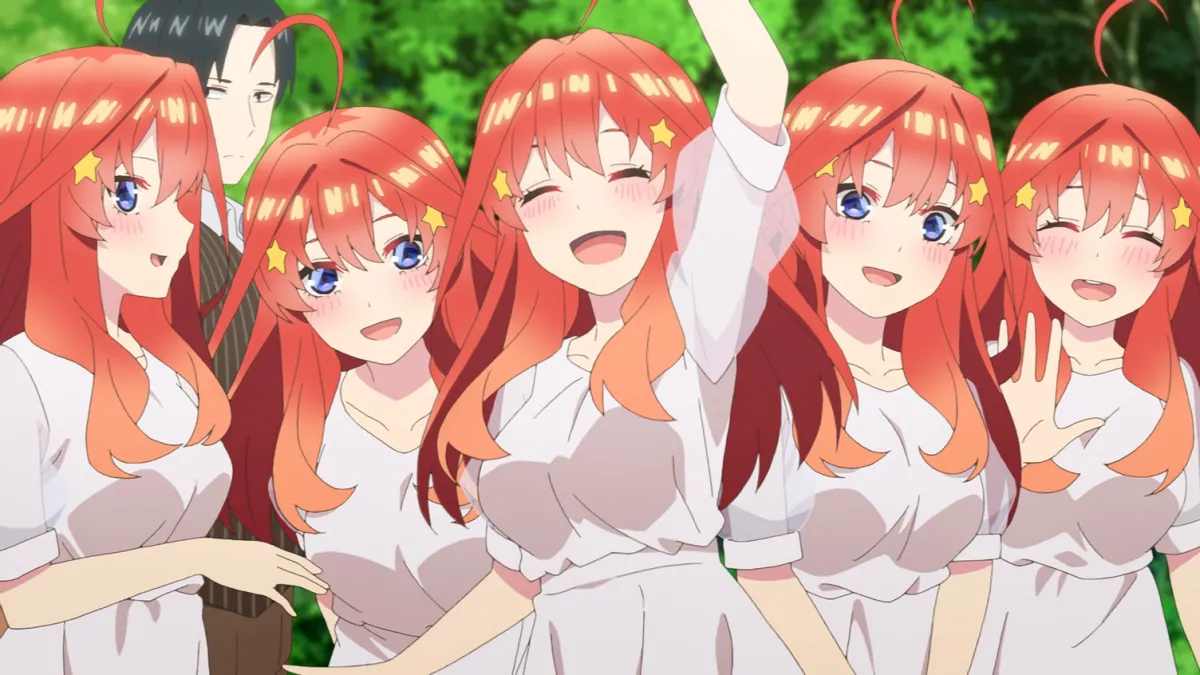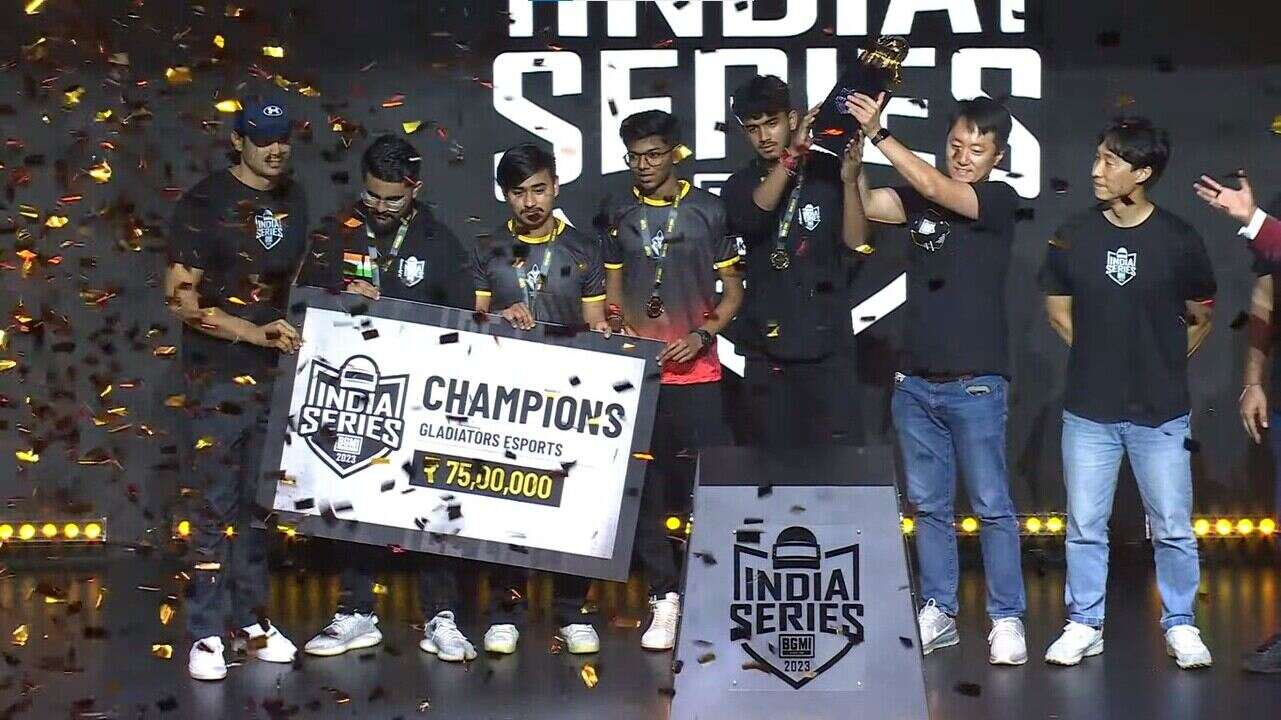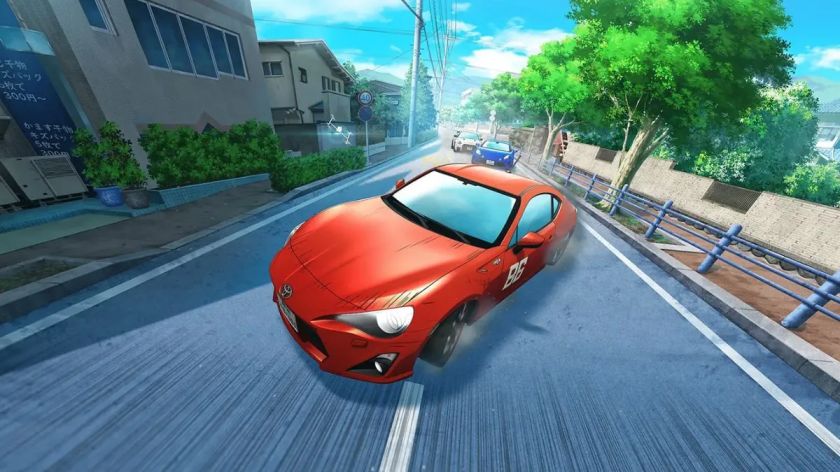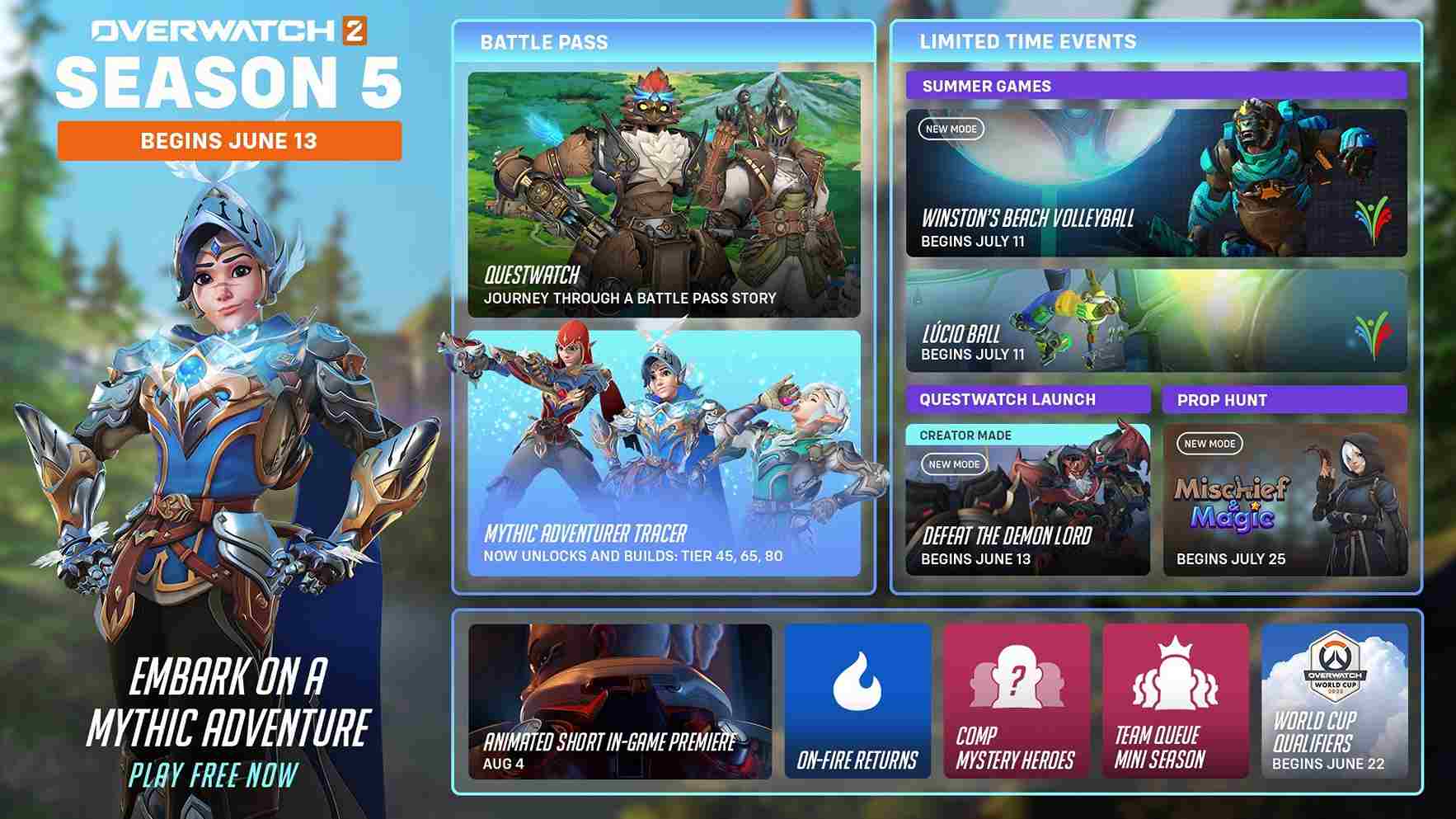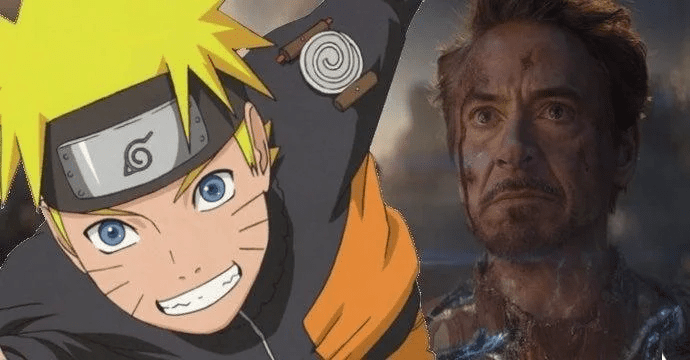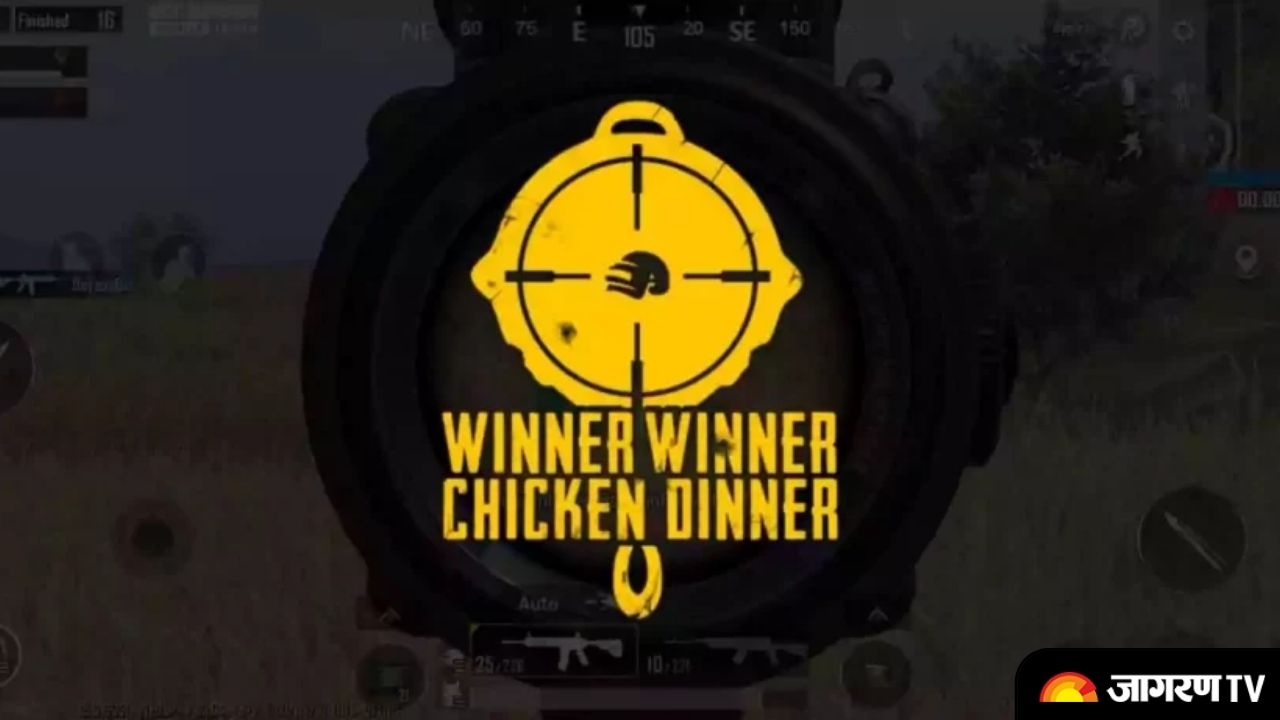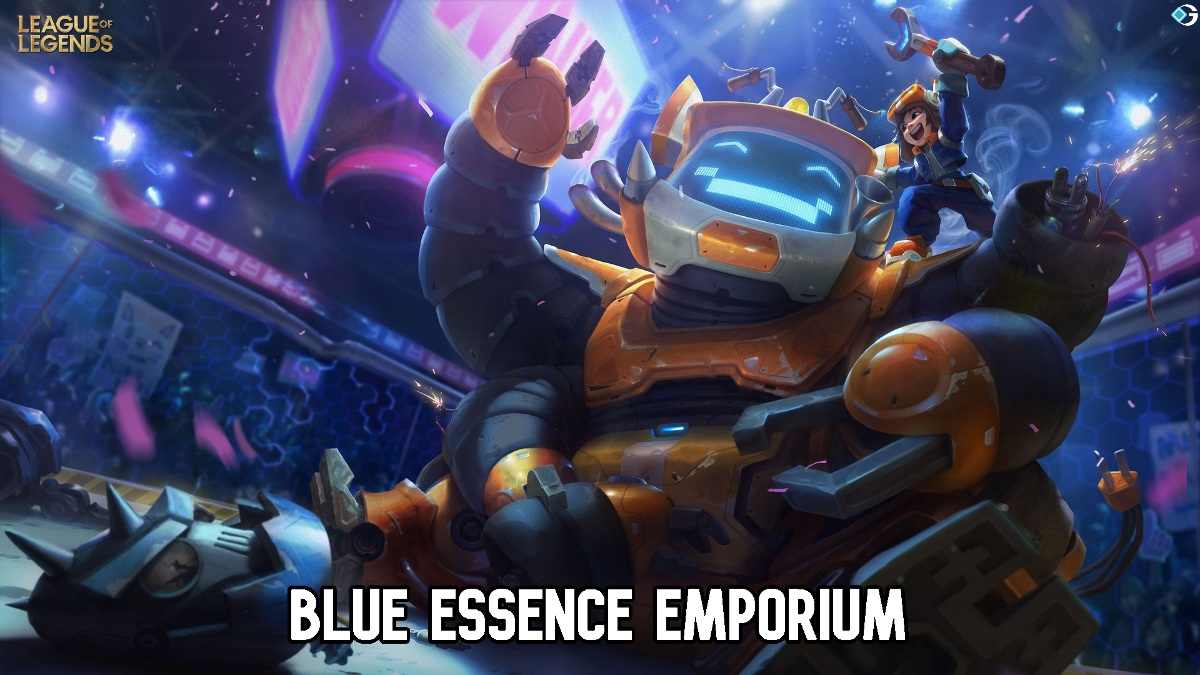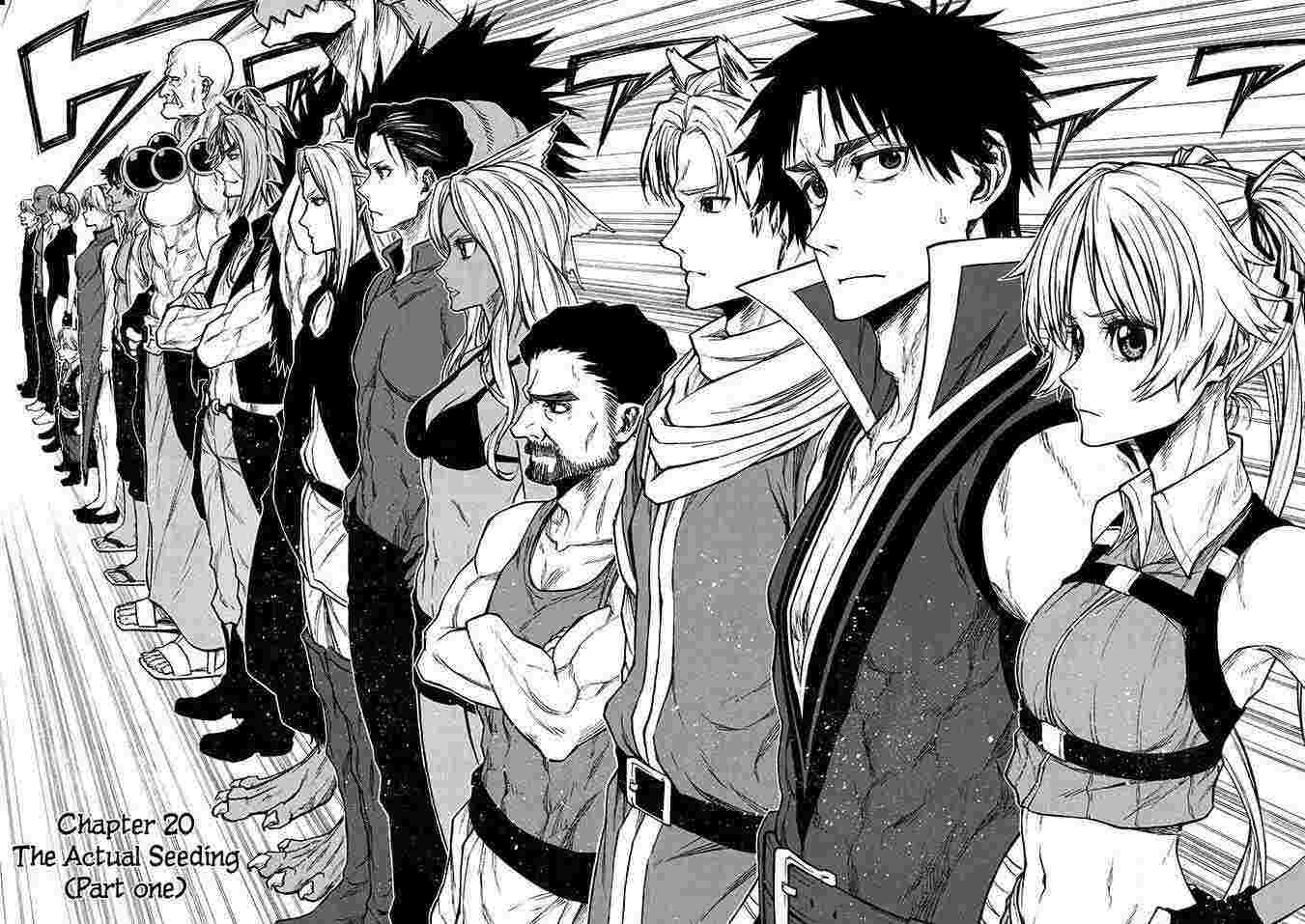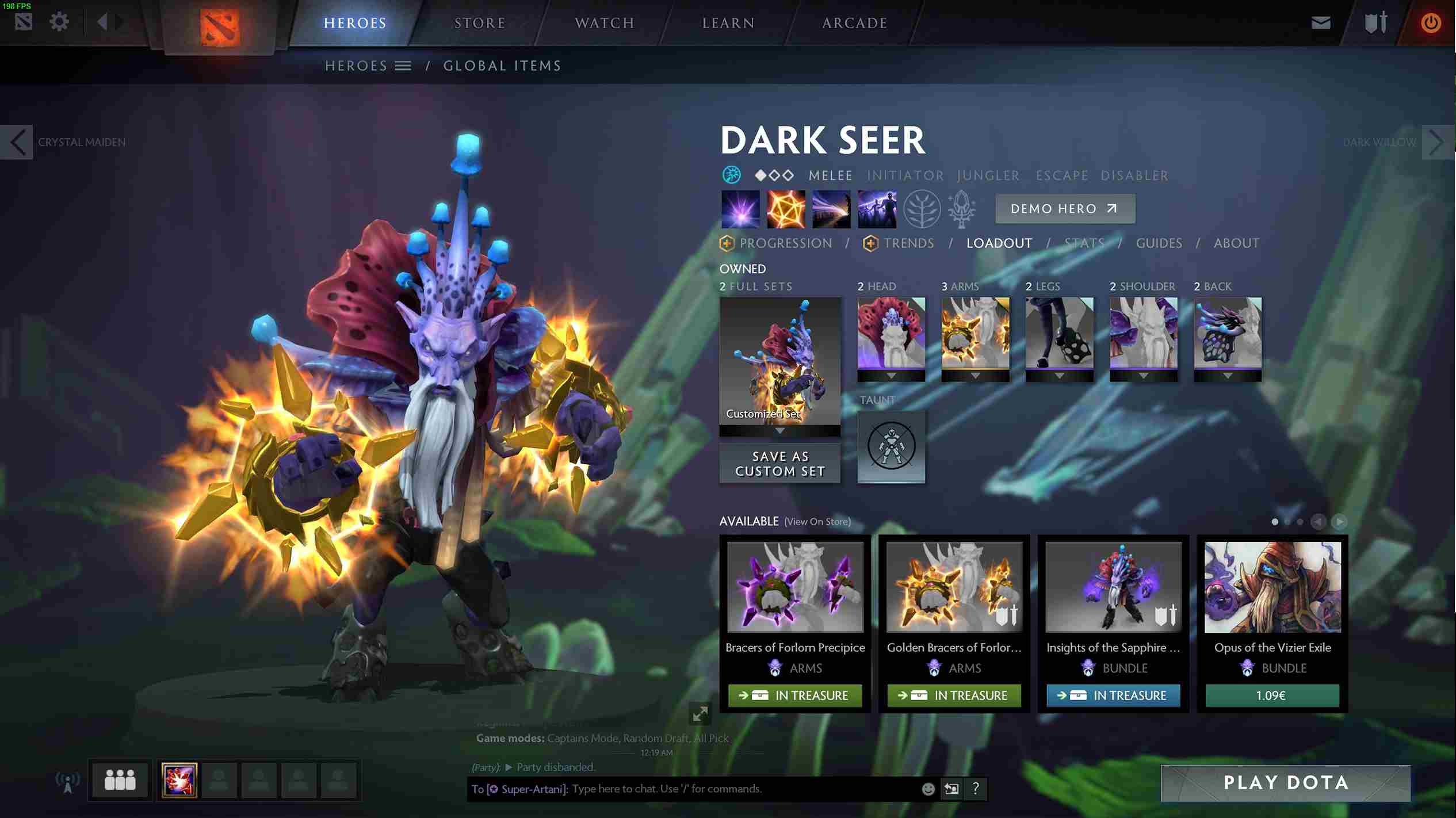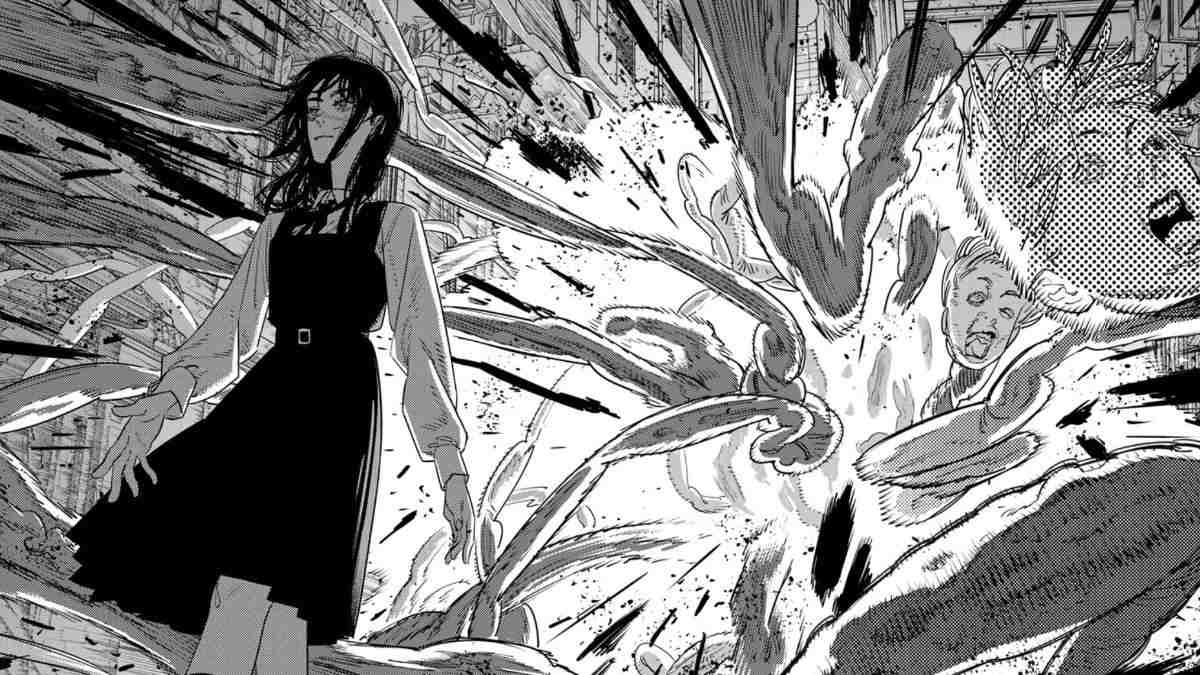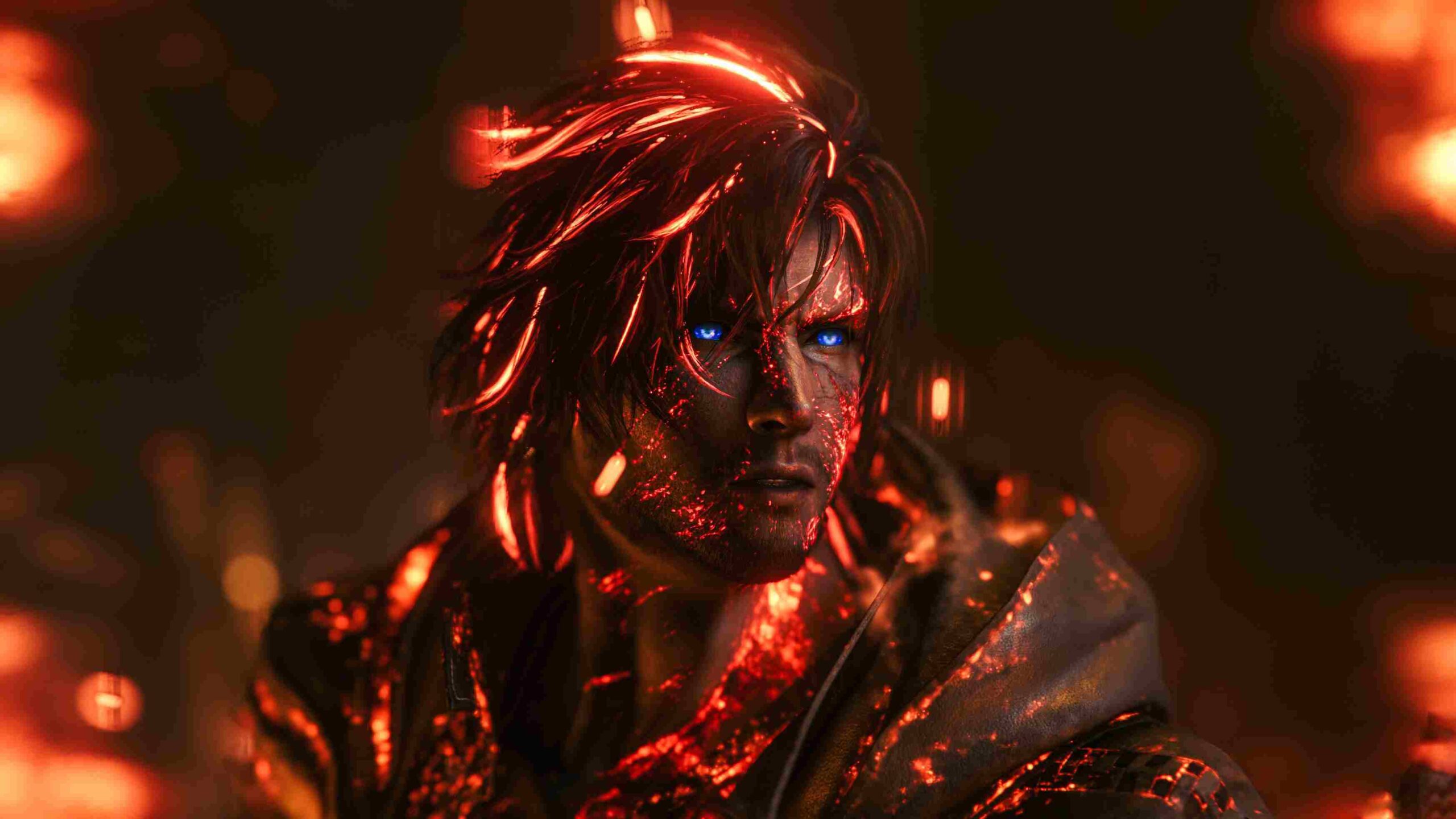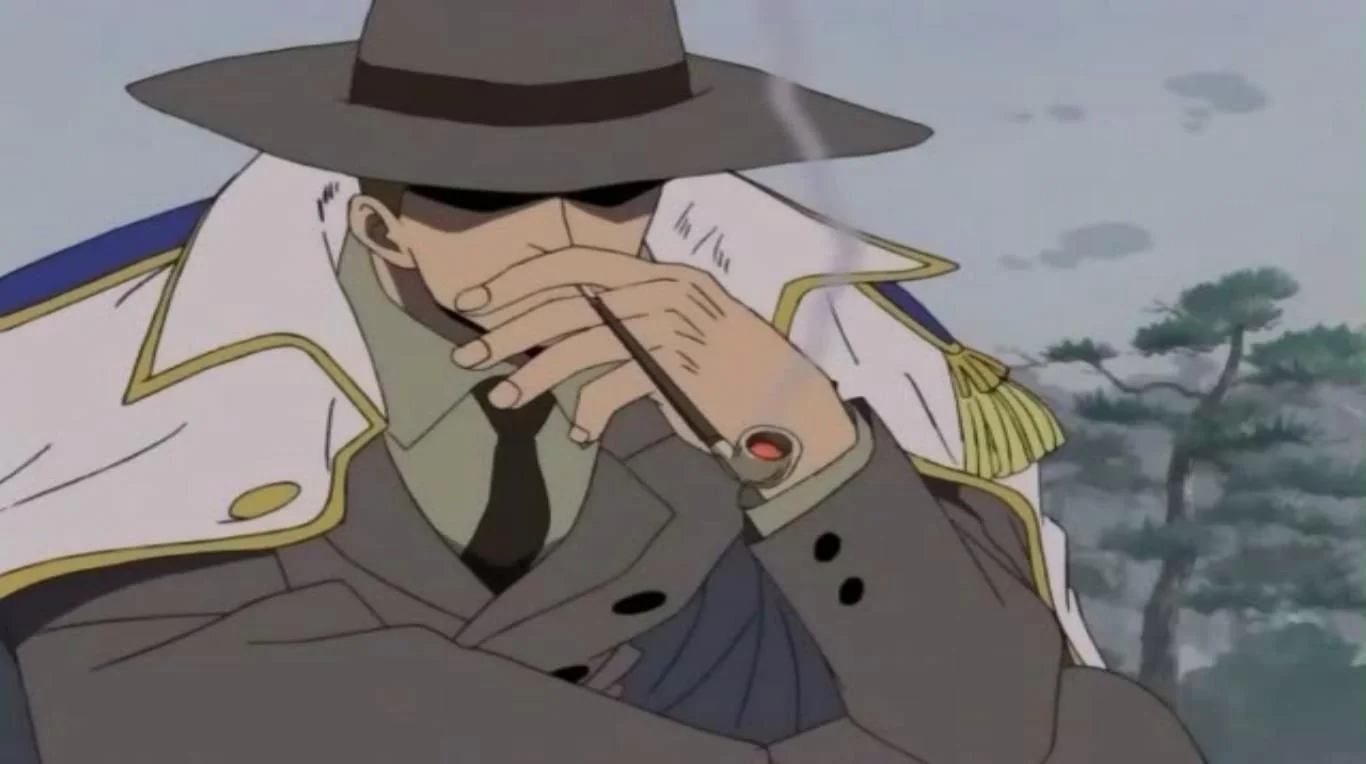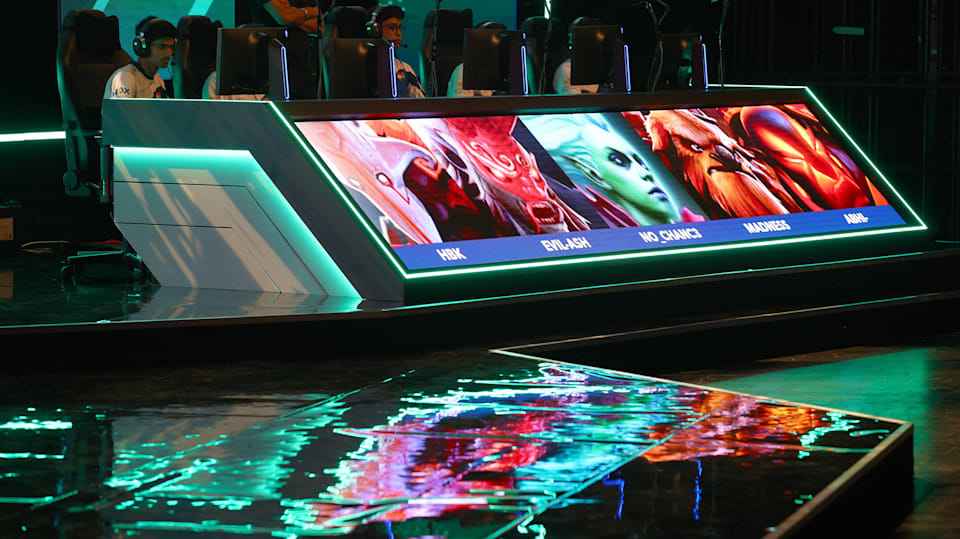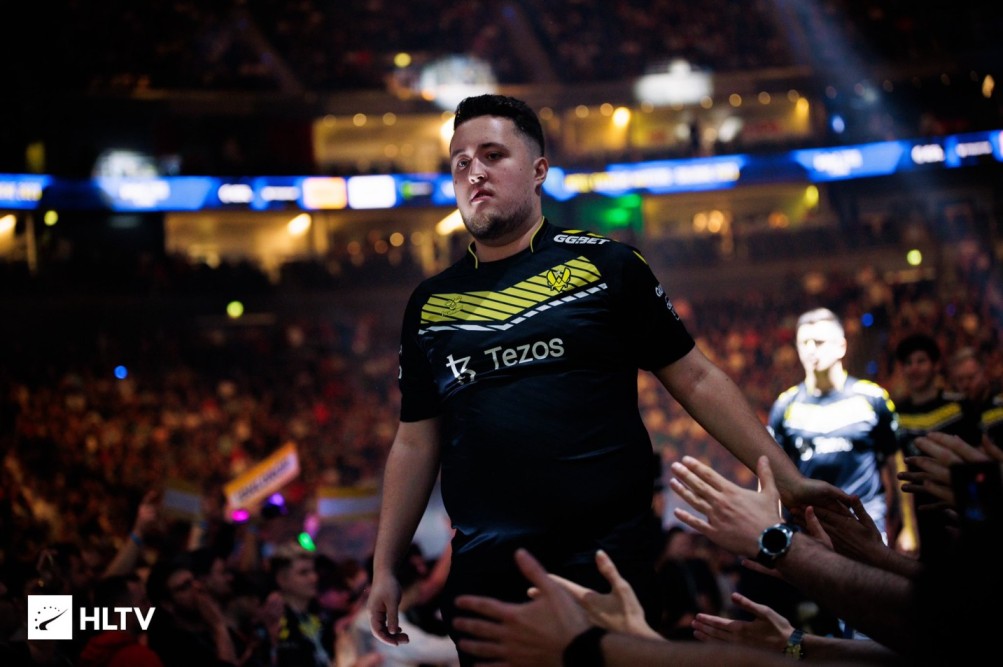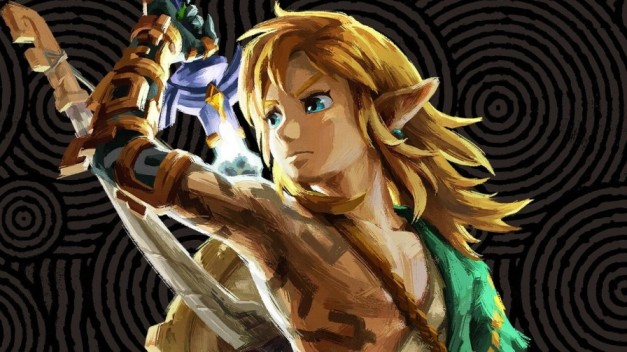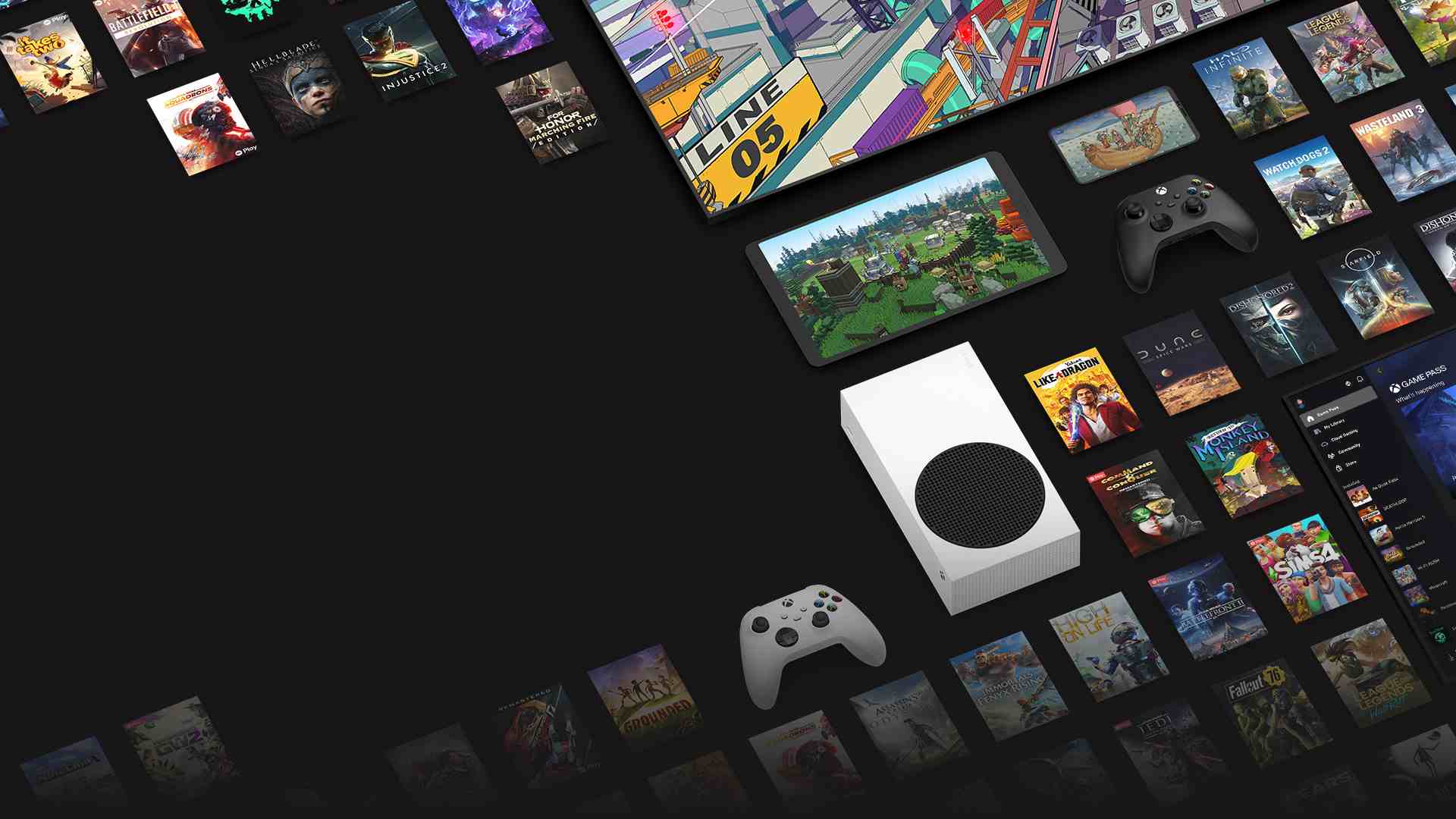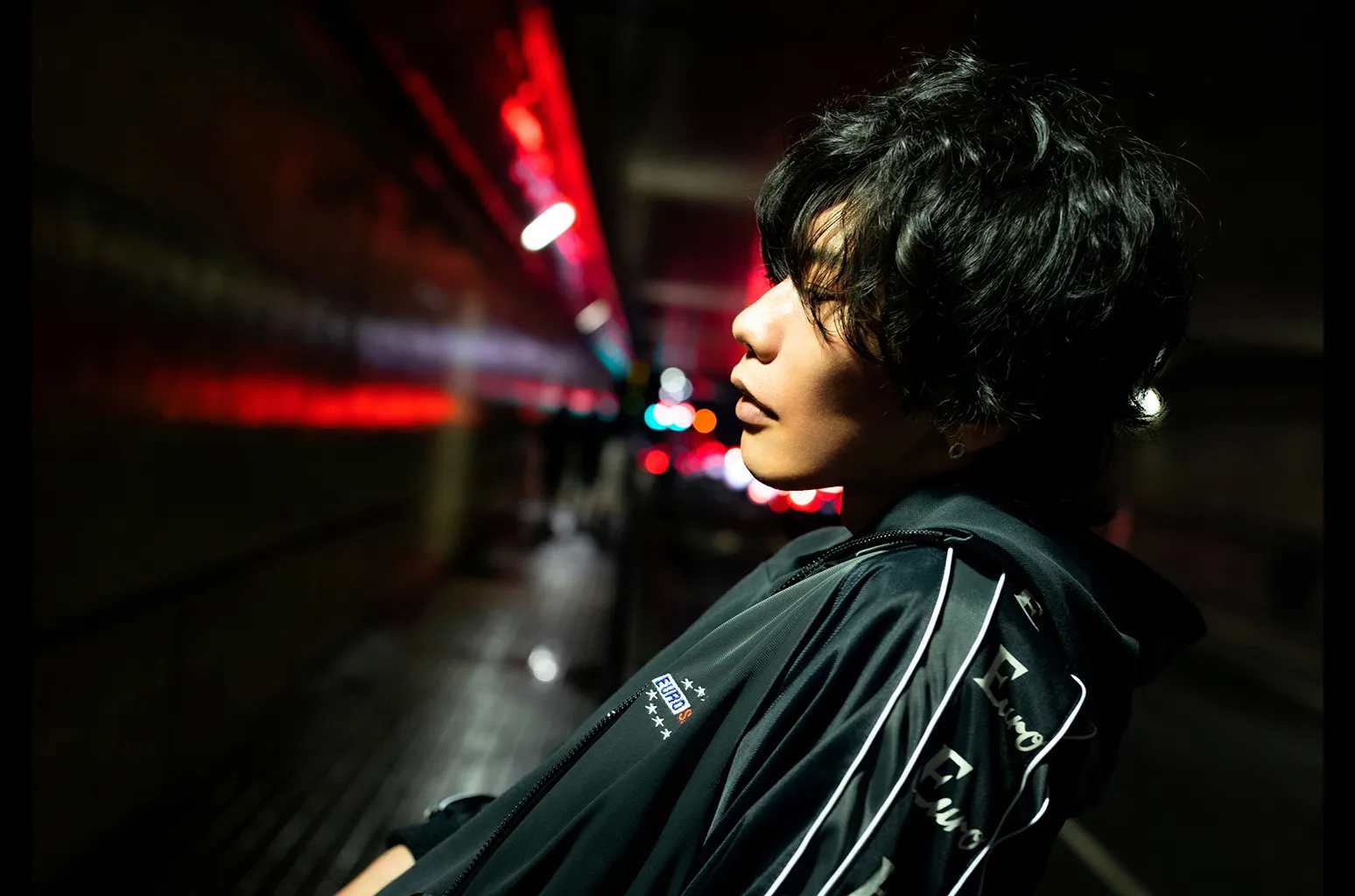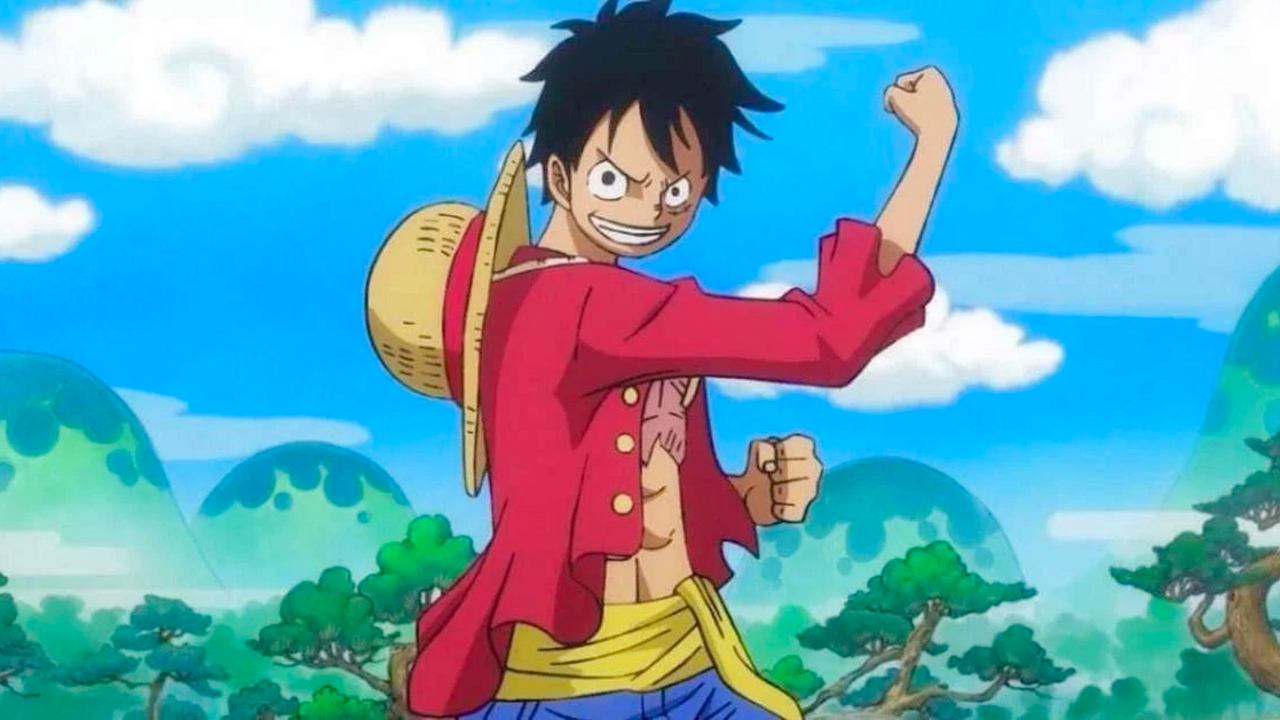DOTA 2: Does Dendi Accused Of Match Fixing Again?
The world of competitive gaming has been rocked by allegations of match-fixing once again, and this time, the spotlight is on the legendary DOTA 2 player, Danil “Dendi” Ishutin, and his team B8. Accusations of match-fixing, financial instability, and questionable operations have cast a shadow over the team’s reputation, leading to fervent discussions and debates within the DOTA 2 community.
Funn1k’s Explosive Claims
The allegations surfaced when Glib “Funn1k” Lipatnikov, a former teammate of Dendi and a respected figure in the DOTA 2 community, took to Twitter on August 14th to air his concerns. Funn1k’s accusations encompassed a range of issues, including B8’s financial struggles, alleged interference in personal opinions, and the possibility of match-fixing.
Funn1k shed light on the challenges that B8, a Ukrainian organization, has been facing recently. Expressing gratitude for the support he received during trying times, Funn1k’s tweet opened the floodgates to a cascade of revelations.
A Political Post Sparks Controversy
The controversy escalated when Funn1k disclosed that he had shared a political post on a DOTA 2 community forum. This seemingly innocuous act prompted intervention from both B8’s CEO and Dendi himself, urging Funn1k to remove the post. While Funn1k complied, he was left with lingering doubts about the intentions behind this request.
Allegedly, Funn1k was later informed that his comments on the forum had dissuaded potential investors, leading to the withholding of his salary payments. The situation then took a more startling turn, as Funn1k began to suspect that B8, ostensibly a Ukrainian entity, might have connections to a Russian organization operating behind the scenes.
Raising the Specter of Match-Fixing
The most explosive allegations arose when Funn1k suggested that B8’s subpar performance in official matches could be an indicator of match-fixing. He called into question the gameplay of not only Dendi but also two other players, Denis “StoneBank” Korzh and Oleg “Lodine” Kvasha. Funn1k highlighted what he perceived as a stark contrast between their performance in ranked matches and official competitions.
While some members of the DOTA 2 community dismissed Funn1k’s claims as mere venting, others engaged in rigorous discussions over the veracity of his allegations. B8’s history since its inception in 2020 has been marked by mediocrity, lacking substantial tournament victories or notable qualifications. Yet, the team continues to remain relevant, consistently participating in crucial matches.
The Broader Implications
As the DOTA 2 community grapples with these explosive allegations, questions about integrity, transparency, and accountability within esports organizations come to the forefront. The allegations surrounding Dendi and B8 serve as a stark reminder of the challenges that professional gaming teams face in maintaining fair and competitive environments. The spotlight on match-fixing continues to underscore the need for vigilance in preserving the competitive integrity of esports.
While further developments and clarifications are awaited, the controversy surrounding Dendi and B8 raises critical conversations about the responsibilities of esports organizations, players, and the community at large. As the esports landscape continues to evolve, addressing such challenges becomes paramount to ensuring the longevity and credibility of competitive gaming.
Also Read: Dota 2 TI12 Regional Qualifiers Live Streaming: How, When & Where To Watch In USA, Europe & India
